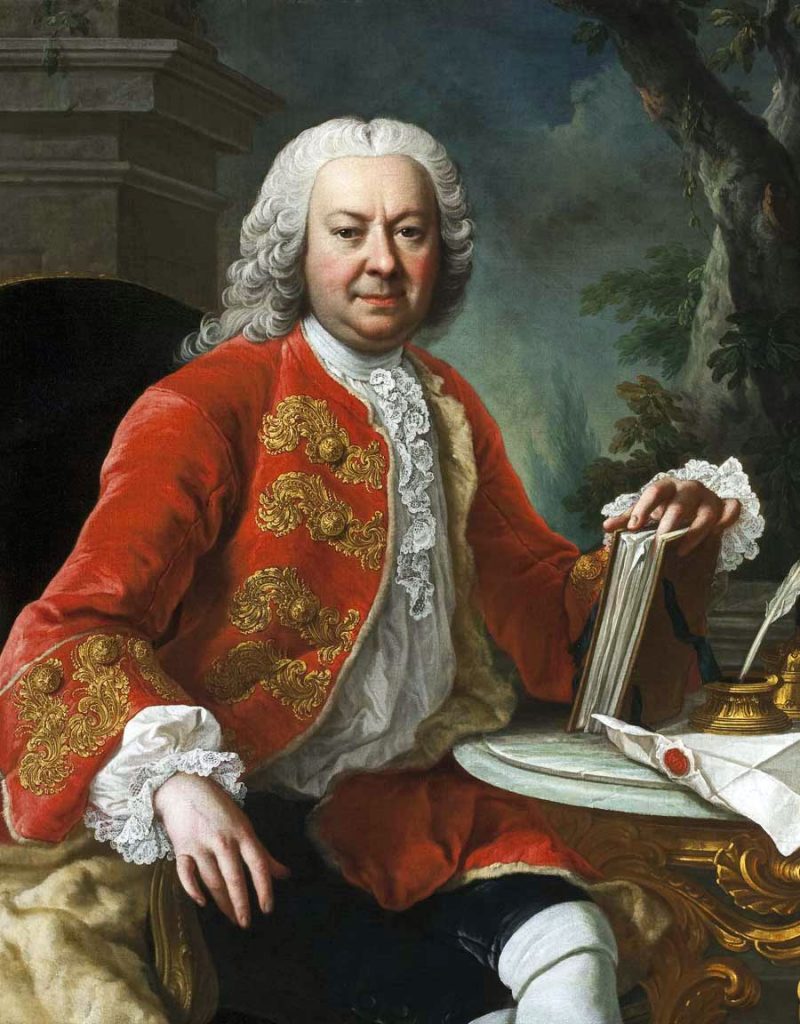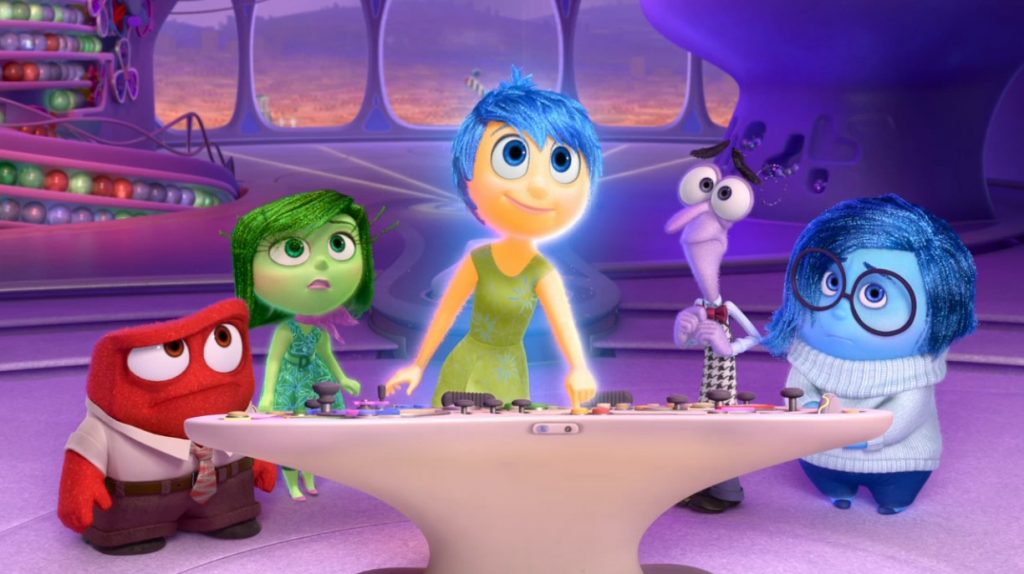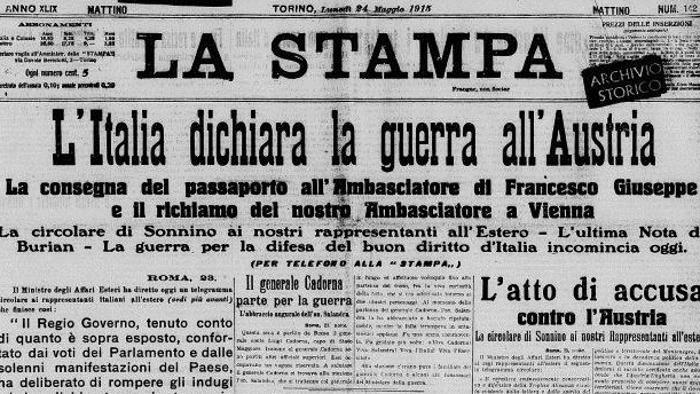I recently published a review of Emanuele Trevi’s last book, Sogni e favole. Un apprendistato. The review is titled L’uso dell’arte and was published by the online magazine Doppiozero.
Category Archives: Texts
Pulsations of consciousness
I published an article titled Pulsazioni della coscienza. Forma breve ed emozioni primarie nella scrittura di Michele Mari, within the volume Brevitas. Percorsi estetici tra forma breve e frammento nelle letterature occidentali, edited by Stefano Pradel and Carlo Tirinanzi De Medici (Trento: Dipartimento di Lettere e Filosofia dell’Università degli Studi di Trento, 2018).
The article is based on the assumption that literary works are mostly originated by the attempt of representing meaningful events determined by the interactions between the individual mind and the natural and social environment, resulting in the arousing of deeply felt and often violent basic emotions. As a consequence, in the style and the very structure of literary works is marked the need of giving shape to these emotional nuclei.
What follows is the incipit of the article.
Anger as misshapen fear
I’m pleased to announce the release of the new issue of the journal Emotions: History, Culture, Society, which includes my article Anger as Misshapen Fear: Fascism, Literature, and the Emotional Body. 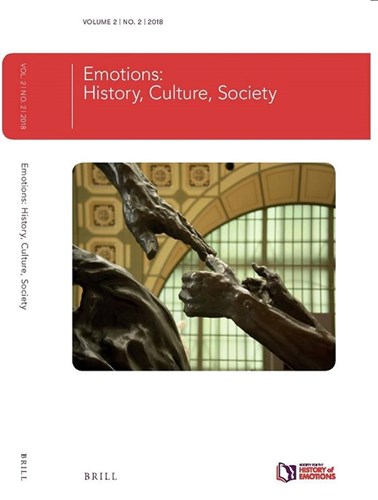
Daily War. Kraus, Bontempelli, Delfini
One hundred years ago, on November 11, was signed the armistice that ended the First World War. I propose here a reflection on the relationship between the war and the media system, as elaborated in literary texts.
Nessuna poesia può essere l’immagine fedele del nostro mondo. La fedele, la tremenda immagine del nostro mondo è il giornale. È un pozzo di sapere. Non sa niente. Continua a voler sapere.
Elias Canetti, Il cuore segreto dell’orologio
Dormi ma senti frinire
remote
le rotative
rotanti nell’oscurità
per dare forma
all’aldiquà.
Valerio Magrelli, Didascalie per la lettura di un giornale
Mis-Shapings
On Thursday 13th September 2018 will take place at Queen Mary University of London (Mile End Campus, Arts One Building, Room 128) the international conference Mis-Shapings. The Art of Deformation and the History of Emotions. I’m organising the conference, as coordinator of the Marie Skłodowska-Curie research project Misshaping by Words, in association with the Queen Mary Centre for the History of Emotions.
Concept
A well established and long-standing bond exists between the representation of the forms and postures of the human figure and the expression of emotions. But how does this change when the body represented is deformed or mis-shapen? This is a question that an interdisciplinary range of scholars, covering a wide chronological period that extends from the Renaissance to the 20th century, will explore in the one-day Mis-Shapings conference.

Niccolò Boldrini, Caricature of the Laocoon, after Titian, 1540
Mis-Shapings: abstracts
Here are brief descriptions of the papers that will be presented next September 13th at the Mis-Shapings conference.
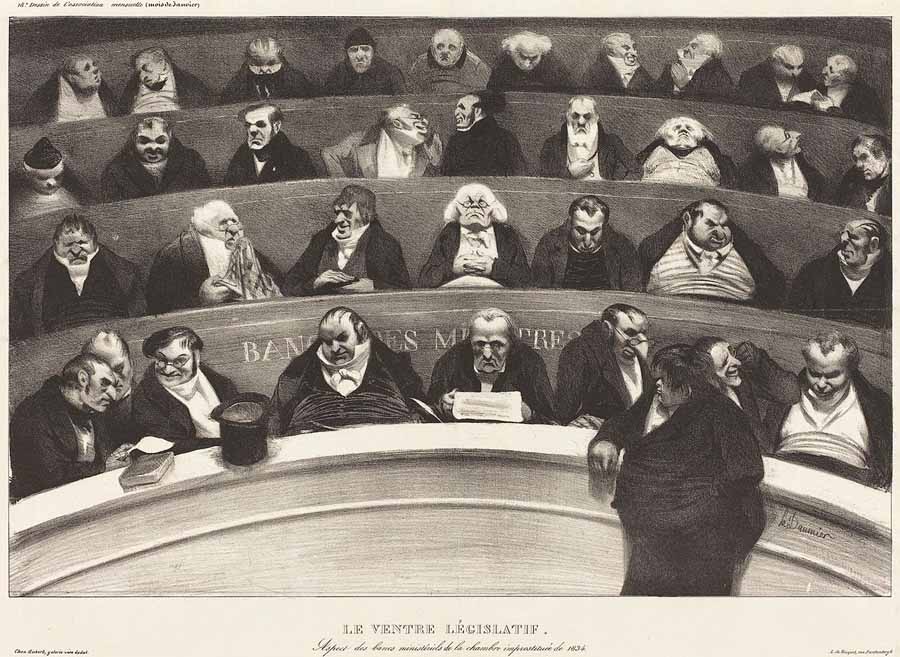
Honoré Daumier, Le ventre législatif, 1834
Mis-Shapings: speakers
Here are the bio-bibliographical profiles of the Mis-Shapings conference‘s speakers.
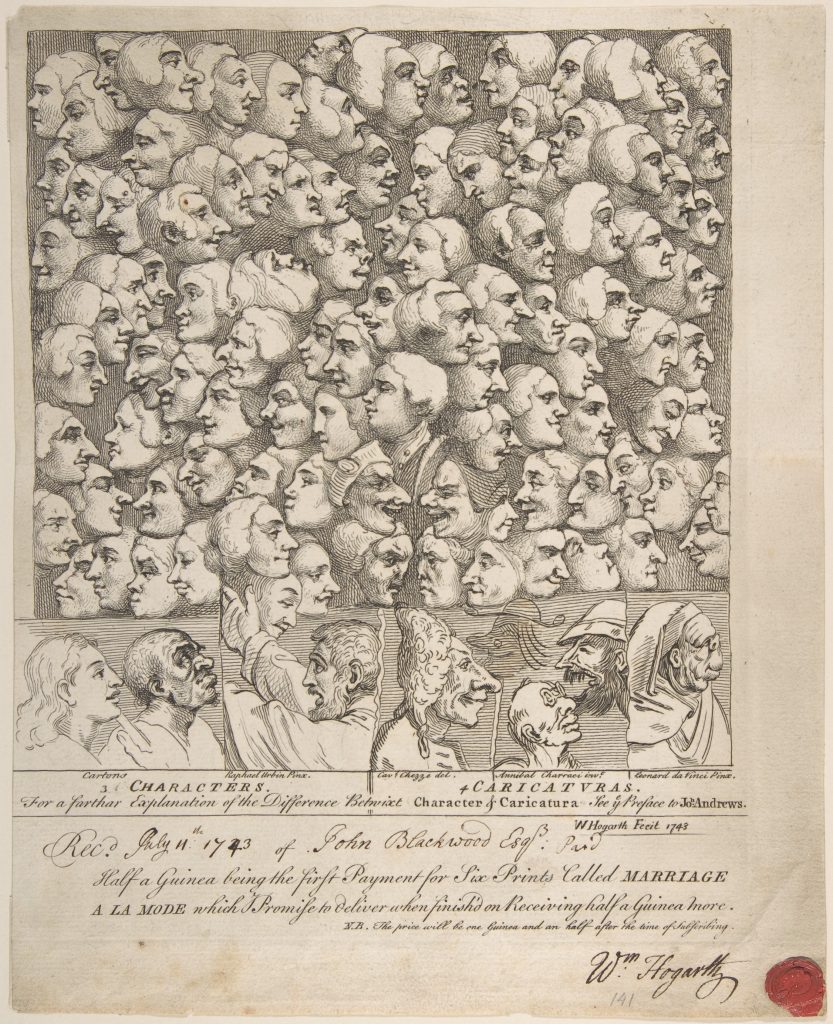
William Hogarth, Characters and Caricaturas, 1743
Socialising anger. Fascism and emotions
Last June 22nd I participated in the Literature and Social Emotions Conference at the University of Bristol. I presented a paper titled Socialising Anger. Literary Representations of Emotional Communities under Fascism, which is a development of the research I first presented one year ago and will result in a broader scrutiny on the representation of emotions in fascism-related Italian literature. What follows is the text of the Bristol’s paper.
1.
Italian fascism pursued strict management of public feelings. It aimed at a wide and deep control of human thoughts and experiences. That is to say, it built what William Reddy defines an ‘emotional regime’; it established a set of practices which inculcated normative emotions, like enthusiasm, exaggerated optimism, national pride. Nevertheless, the euphoric feelings displayed in public represent just one of the emotional layers of fascist Italy. Despite the appearance of unanimous acceptance, fascism largely derived consensus from violence and intimidation. As denounced by Carlo Emilio Gadda in the very first lines of his anti-fascist satire Eros e Priapo, written in 1944-1945.
Collective and individual consciousness, threatened by the knife, the truncheon, the torture; and silenced by prisons, extorsions, vetos against free expression; it was concealed in a hidden, invisible lagoon of history, beyond hate and dullness, and belonged to the refugees, the persecuted, the prisoners, the humiliated, children of deportees and executed to death.
Along with material and physical coercion, fascism caused the emotional suffering of part of the population. Gadda sketches the existence of what Reddy would call an ‘emotional refuge’, a cluster of social conditions and related practices diverging from the emotional regime.
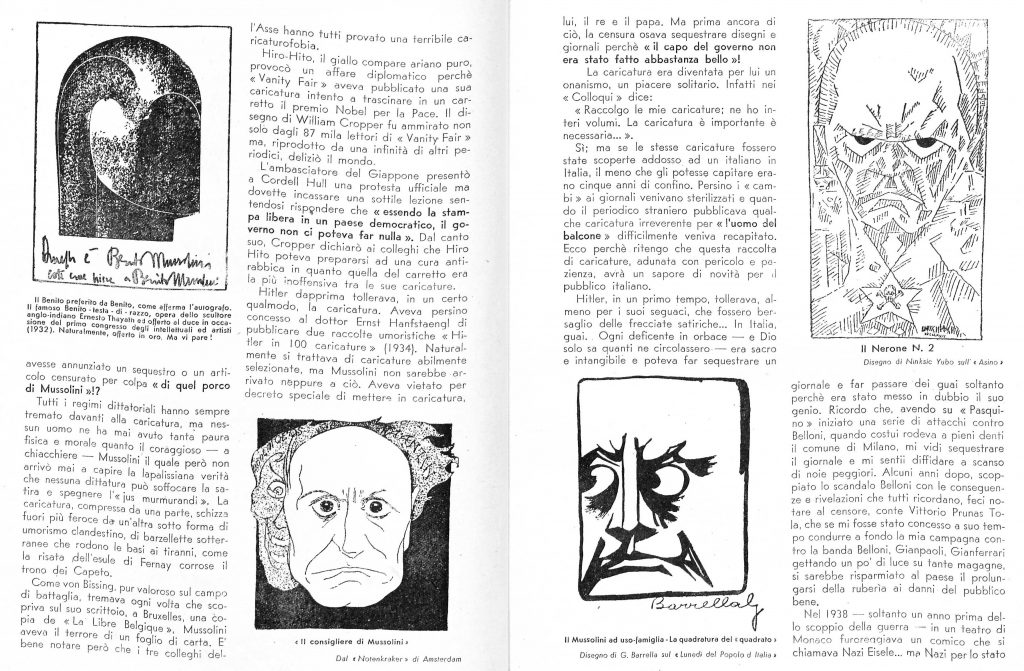
Life versus literature
Great news! It has just been released my new book, titled Vita contro letteratura. Cesare Garboli: un’idea della critica, and published by Mediaevo – luca sossella editore.
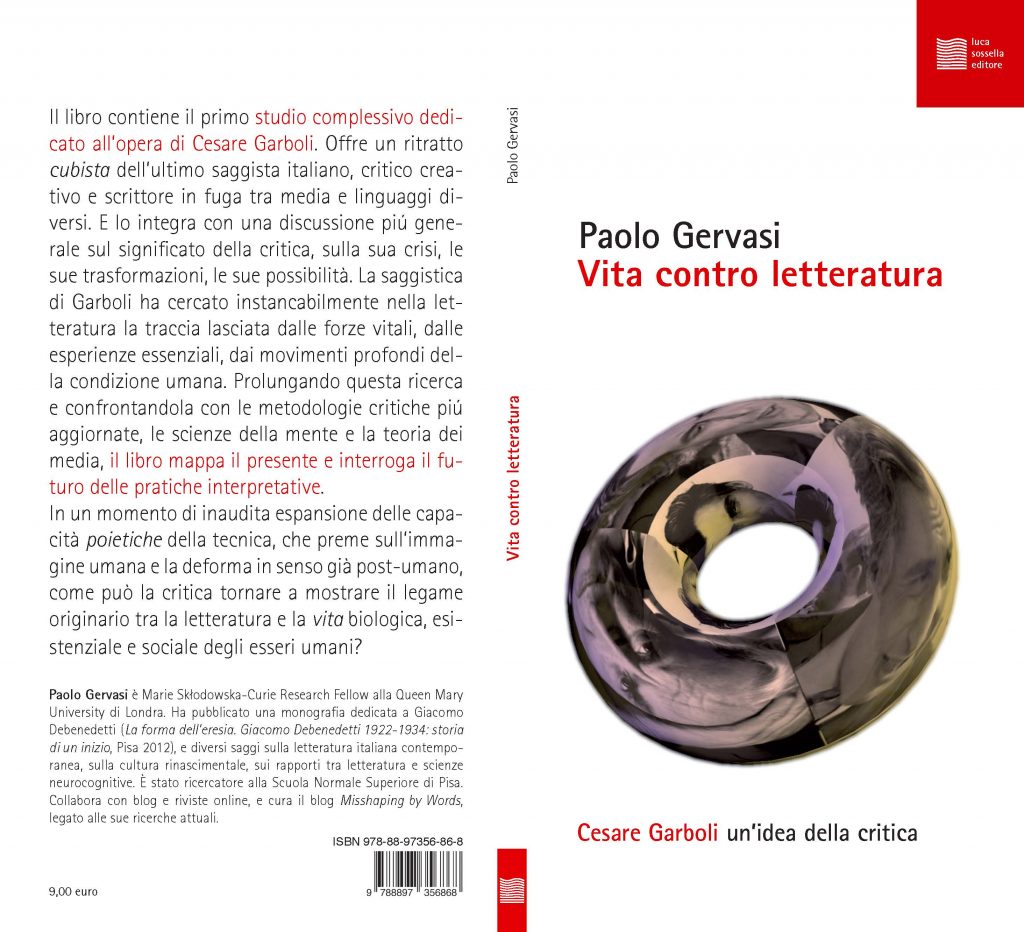
The book is the first comprehensive study dedicated to the Italian literary critic and essayist Cesare Garboli. It is also a reflection on the current state of literary criticism, and on the challenges literary and humanities studies are facing in the mutating semiotic and cognitive context of the present. Continue reading
Out of the comfort zone
On April 7th I participated in the British Society for Literature and Science annual conference at Oxford Brookes University, with a paper entitled Out of the Comfort Zone. Dan Brown’s Origin as a standpoint on literature and science. What follows is the text of my talk.
In his last novel Origin, the bestselling author Dan Brown imagines that an acclaimed scientist and futurist, whose name is Edmond Kirsch, is about to announce a disrupting scientific discovery on the origin of life. Right before the spectacular presentation of his research, Kirsch tells his long-time friend and old-fashioned humanities scholar Robert Langdon, the main character of several Dan Brown’s novels, including the groundbreaking Da Vinci Code: «Tonight is all about pushing people outside their comfort zones».
Similarly, the novel itself can push literary criticism and the humanities outside the comfort zone of their acknowledged interpretative practices, usually at unease with the analysis of such cultural objects, socially meaningful but aesthetically controversial. For sure, it pushes me out of the comfort zone of my research on Italian Studies, unfamiliar with popular and science fiction. Still, I decided to take-up Dan Brown’s challenge and displaced myself to look at the relationships between literature and science from the standpoint of a popular bestseller novel. To learn from the bestseller, where outstanding scientific discoveries are both simplified and overstated to fit into an appealing narrative framework, how literature and the humanities could address the major challenges entailed in the current scientific debate.


